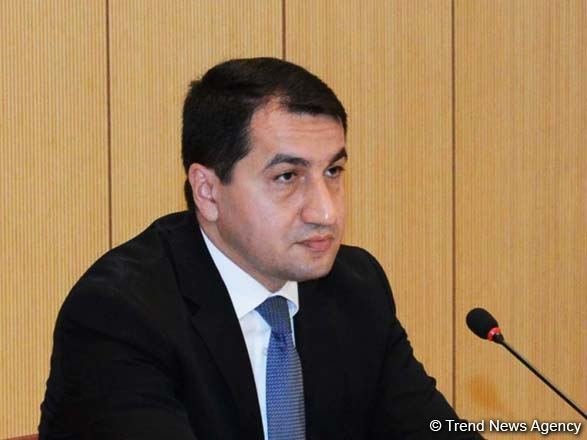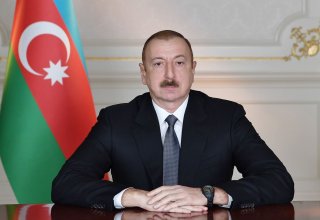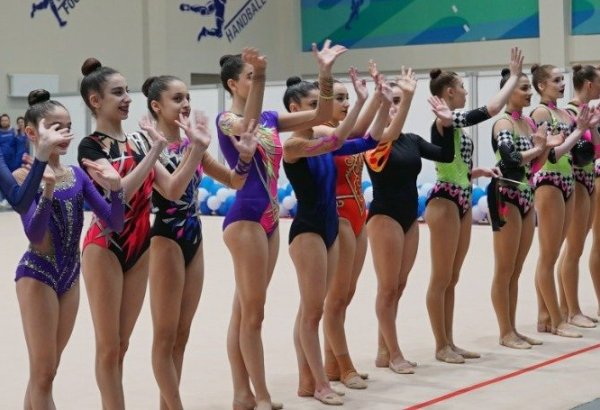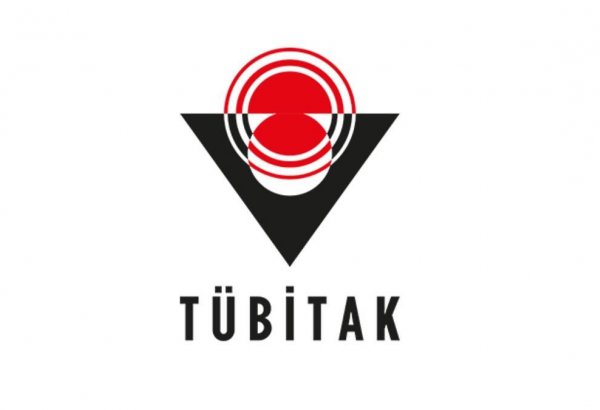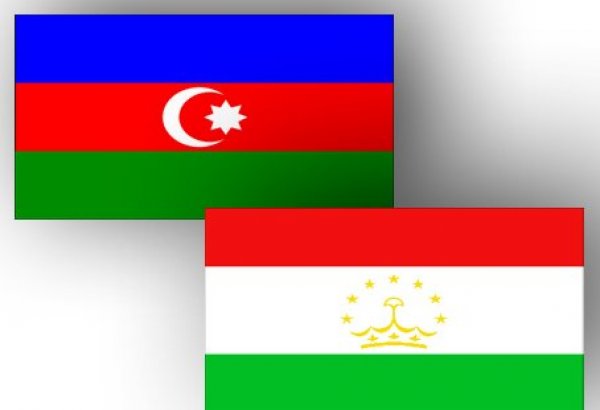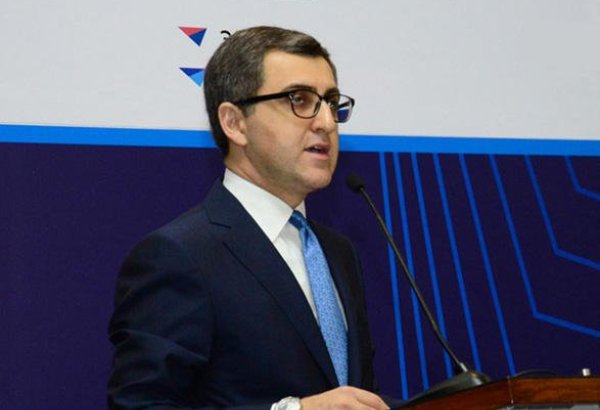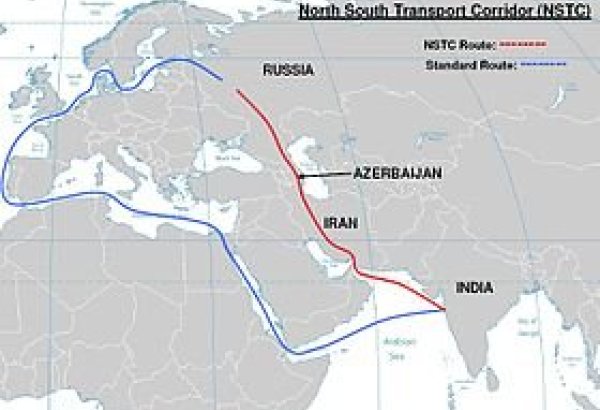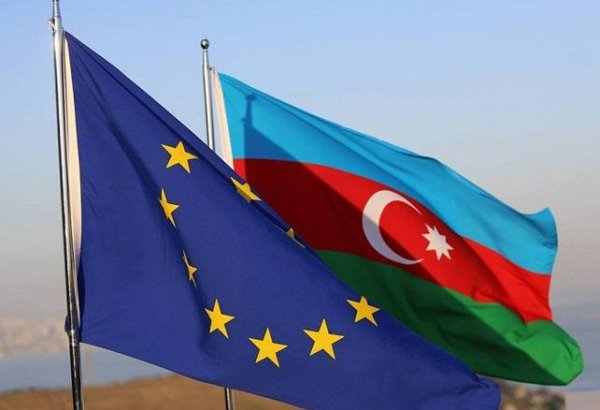BAKU, Azerbaijan, September 14. Azerbaijanis want peace. We want restoration, reconciliation and, sometime perhaps, friendship with our neighbors, Assistant to the President of Azerbaijan - Head of the Foreign Policy Department of the Presidential Administration Hikmet Hajiyev wrote in his article for Politico, TurkicWorld reports.
"Karabakh was occupied by neighboring Armenia for 30 years. And after a brutal war in the early 1990s, which saw close to 1 million Azerbaijanis ethnically cleansed from their land, occupying Armenian forces mined thousands of square miles of this territory, save for a small holdout at its center. There, the remaining community of ethnic Armenians in Azerbaijan were connected to Armenia via a single land route — the Lachin road.
This gray zone of lawlessness and land mines existed illegally — and unchallenged — until three years ago, when Azerbaijan took much of the territory of Karabakh in a 44-day conflict.
Legally, and morally, the citizens who live in what remains of this gray zone are citizens of Azerbaijan — even the current Armenian prime minister publicly acknowledges that Karabakh is Azerbaijan’s sovereign territory. And this also means that Azerbaijan has a duty of care to those who live there regardless of and — perhaps even more so given recent history — because of their ethnicity.
The Azerbaijan government has repeatedly offered to supply the Armenians of Karabakh with food, medicine and more via roads that provide closer and faster passage than Lachin. The land routes Azerbaijan offers are acknowledged as viable and usable by the European Union, the U.S. and the International Committee of the Red Cross, and just this week, U.S. Secretary of State Antony Blinken called for the "immediate and simultaneous opening of both corridors."
But what has been reported in the international media is something different.
The idea that solely Armenia should supply ethnic Armenians living in the neighboring country of Azerbaijan through a single monoethnic route is — we are encouraged to believe — somehow acceptable to the international community and media.
And we are told this is because this conflict is different to others, that Armenians cannot live side by side in the same country with Azerbaijanis because of our history. But both our past and present teach us this simply is not true.
Before the war of the 1990s, Azerbaijanis and ethnic Armenians lived together, side by side, in Karabakh in peace. Today, a 30,000-strong Jewish community lives in Azerbaijan. An evangelical Christian community is growing. Georgians, Russians, Ukrainians all make up today’s multiethnic and multireligious country. This could, and should, apply to the Armenians of Karabakh as well.
There are, however, powerful forces within Armenia that do not want this situation to change, or this story to be fully told. For decades, the country’s leadership has originated not from Armenia itself but from politicians who first ruled the separatist holdout in Karabakh.
Such leaders today seek retrenchment. A peace deal on offer between Azerbaijan and Armenia is an anathema to them. But were this land-locked nation to become a land-linked one, Armenia’s integration into the global economic community, away from its present-day isolation, would be achievable.
While trade with neighboring Azerbaijan might improve the lot of the Armenian people, however, it would remove these leaders’ raison d’être. And in their fight to maintain influence, these politicians have demanded the roads Azerbaijan offers as supply routes be sealed and blockaded.
The pain these monoethnic nationalists have created for their own country and the wider region is difficult for Westerners — who have spent the last generation living in relative peace — to fully understand.
In my own office, there are Azerbaijanis who were born and raised in Armenia; they were forced to flee as the war began 30 years ago. And every one of us knows someone — a brother, a sister, a cousin, a friend, a colleague — who was forced from Karabakh during the war and forced to live as refugees. All these lives ruined, all this pain, all to create today’s monoethnic Armenia, and in support of a monoethnic gray zone in Karabakh.
But it doesn’t have to continue this way.
Azerbaijanis want peace. We want restitution, reconciliation and, perhaps, one day even friendship with our neighbor. Stories that claim otherwise don’t help establish peace, nor do they bring a deal to the table. Indeed, the purpose of their promulgation is quite the opposite — they are intended to drive those negotiating on both sides of this most delicate and sensitive issue further apart.
Politics are at play here. And more than anywhere else, it is the politics of Armenia itself," the article reads.








